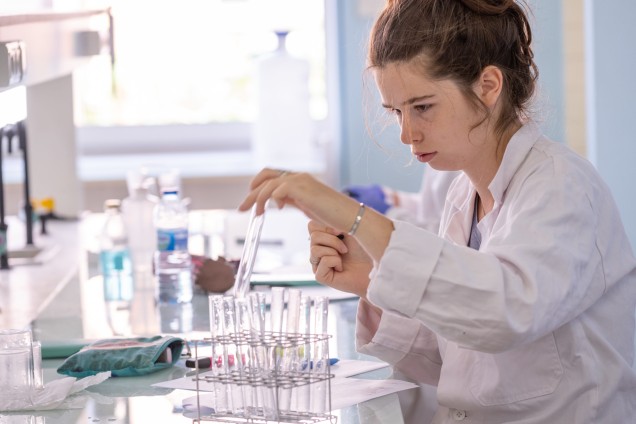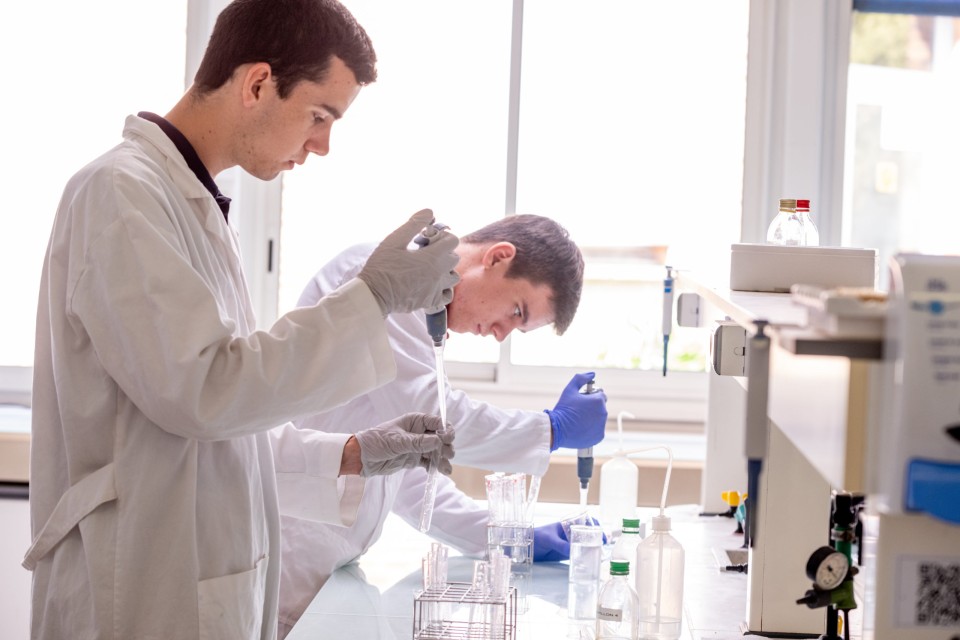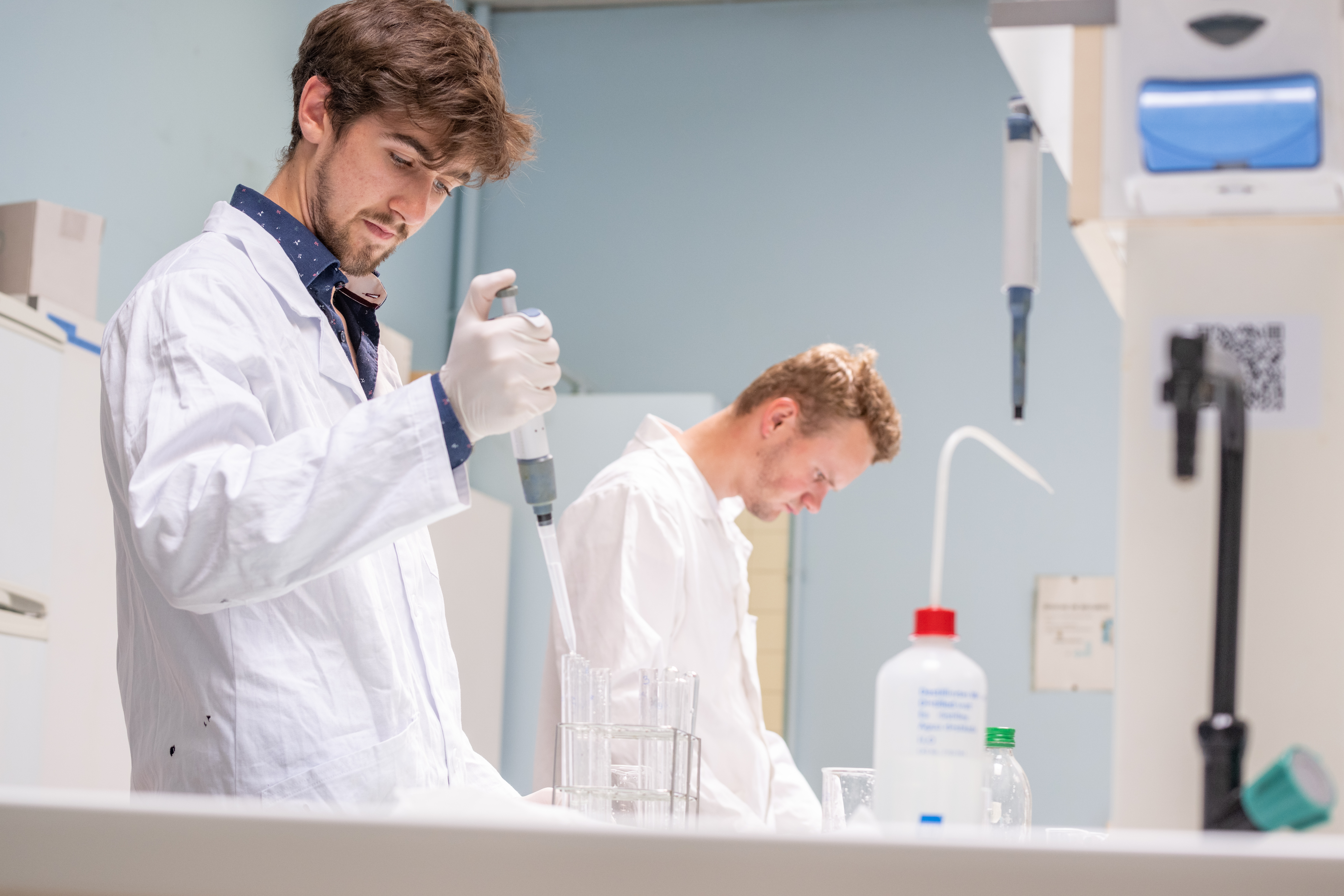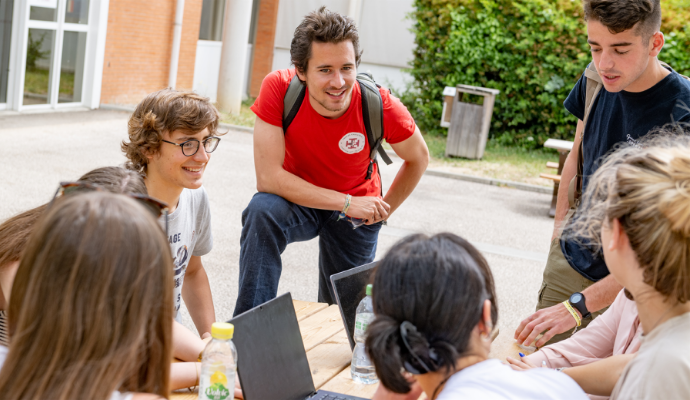ACQUIRE THE SKILLS OF THE AGRICULTURAL ENGINEER
The first three years of the course will expose you to scientific disciplines and technical teachings. These will enable you to acquire the ability to establish a diagnosis and to master the techniques and analysis of complex situations.
The numerous contacts with the professional world will give you the intelligence of concrete situations.
The last two years will broaden your understanding of the issues in the agricultural and agri-food sectors. You will acquire project management and business leadership skills. This will be the time for long term experience abroad (semester abroad) and in companies (6 month internship).











